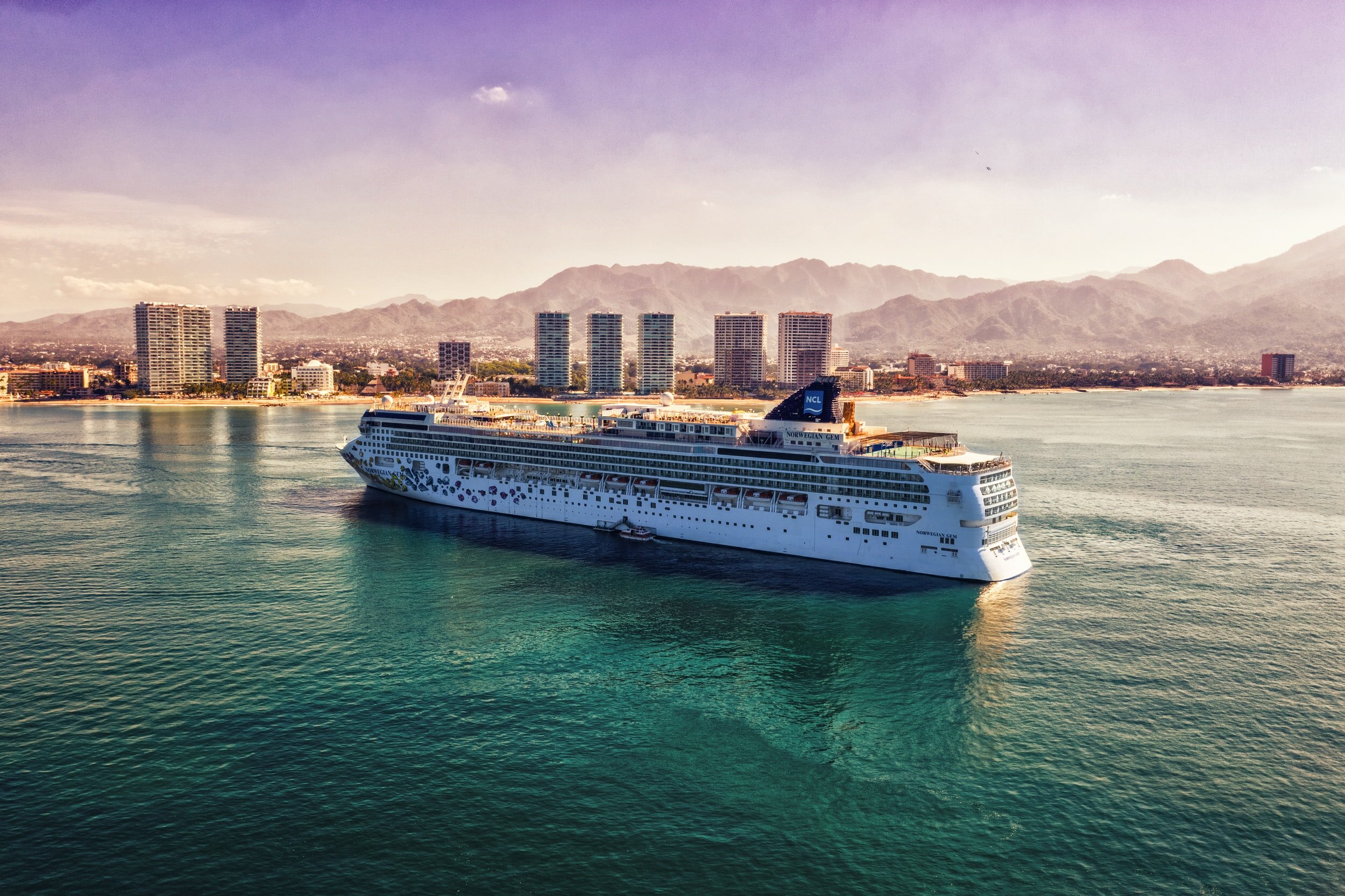
Case Summaries
Tonicstar Limited v (1) Allianz Insurance PLC; (2) Sirius International Insurance Corporation (PUBL) (London Branch) [2017]
“An arbitration clause requiring the tribunal to "consist of persons with not less than ten years' experience of insurance and reinsurance" requires first-hand experience in the trade or business of insurance and reinsurance; legal experience alone will not suffice. A Queen's Counsel with over ten years of experience in insurance and reinsurance law was removed by the Commercial Court on the grounds that he was not qualified to act as an arbitrator in that particular arbitration reference, and the respondents were given 30 days within which to appoint a new arbitrator. “
Arbitration 28/17 (2017) 989 LMLN 2
“Owners settled a cargo claim in respect of shortage, wet and other damage to bagged rice and claimed a full indemnity from Time Charterers on the basis that the bills, incorporating a sub-charter, had exposed them to more onerous terms than the t/c. The Tribunal declined to hold that the material terms of the bills had exposed Owners to this cargo claim and instead applied the Interclub Agreement 50% apportionments with each party bearing its own costs of the reference.”
London Arbitration 26/17 (2017) 987 LMLN 3
“After a vessel had served NOR triggering laytime and then demurrage, Owners accepted Charterers' admitted lack of cargo as a repudiatory breach; they claimed the accrued demurrage of some 15 days plus the difference between the gross profit they would have made on the nominal fixture and their actual gross profit from a substitute voyage. Included in the calculation of nominal profits was further demurrage for some 3 days needed for loading. The Tribunal disallowed this, finding that Owners were confusing the nominal and the actual.”
London Arbitration 25/17 (2017) 986 LMLN 3
“A time charter on the NYPE Form provided for a trip within the Far East. An additional clause dealt with port stays over 30 days and exonerated owners from performance claims, entitled charterers to ask for hull cleaning at their expense and in any event required charterers to redeliver the vessel in the same condition as on delivery. The vessel spent more than 30 days at the discharge port in Lumut, Malaysia. During this time a follow-on fixture had been arranged by owners with delivery d.o.p. Lumut. The Tribunal agreed with owners that the vessel's hull became fouled at Lumut (and not before, as argued by charterers) and this caused her to underperform on the next fixture. The Tribunal disagreed that the fouling was 'wear and tear' and found charterers in breach of their redelivery obligations, particularly the express one in the prolonged port stay clause. Owners were awarded as damages the performance claim settlement paid to the subsequent charterers plus the cost of hull cleaning later carried out (Charterers having failed to request or agree to hull cleaning).”
London Arbitration 24/17 (2017) 986 LMLN 2
“A newbuild vessel was bareboat chartered on the Barecon 2001 form (with addenda, including an option to purchase) for a period of 10 years. By a ship management agreement (`SMA') of the same date on the Shipman 2009 form, charterers engaged owners' management services for the vessel. Charterers, as they were entitled to do without cause, terminated the SMA on notice. The c/p contained no equivalent express termination provision. Despite accepting that c/p and SMA were a `package deal' and that hire, management fees and option purchase price were related, the Tribunal declined to grant owners a declaration that the c/p contained an implied term that it was co-terminous with the SMA. Such a term was not needed to give effect to the deal, nor was it necessary either to make the arrangements work or as a matter of commercial common sense.”
London Arbitration 23/17 (2017) 986 LMLN 1
“A Vessel chartered on the BPVoy3 form was delayed in reaching her load berth due to the presence of another vessel, detained there by the authorities (and unable to continue to load or to move) following the rupture of the loading hose and an oil spill seven days earlier. Charterers sought to rely on the half demurrage 'force majeure' provision in Clause 21 in respect of the ensuing eight day wait, however neither an oil spill, nor resulting suspension of loading were listed exceptions and the Tribunal found that hose rupture was not a qualifying 'breakdown'. Whilst the detention, even of another vessel, qualified as 'arrest' within the Clause, the Tribunal found that in the present circumstances, the cause of the delay was 'within the reasonable control of the Charterers' (as it occurred during loading of the other vessel) making Clause 21 inapplicable.”